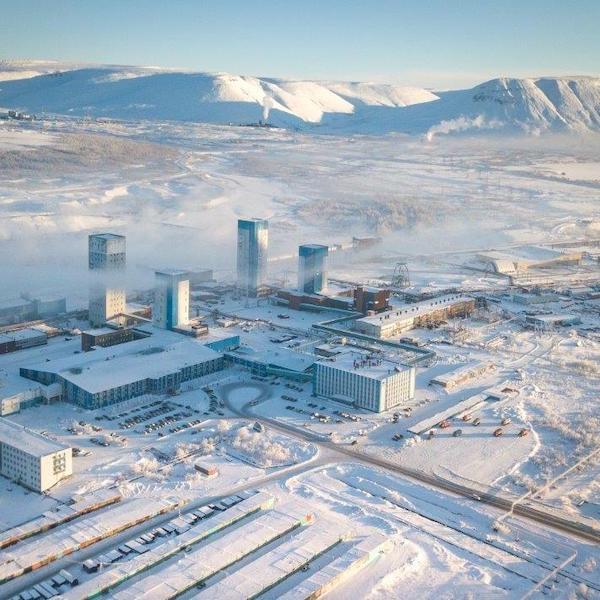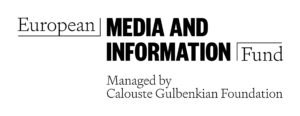Nornickel sees 2022 core profit down as sales drop

By Reuters
MOSCOW — RUSSIAN MINING giant Nornickel said on Friday its earnings before interest, tax, depreciation and amortization (EBITDA) fell 17% year-on-year in 2022 to $8.7 billion (€8.13 billion), as it grappled with a drop in sales and supply-chain disruption.
Nornickel is the world’s largest producer of palladium and refined nickel, with a substantial presence across Russia’s Arctic. While it has not been directly targeted by Western sanctions over the conflict in Ukraine, it has faced problems importing equipment and transporting goods abroad.
The company said its net profit fell 16% year-on-year in 2022 to $5.9 billion, while net debt doubled to $9.8 billion.
“Economic restrictions imposed on Russia by a group of countries pose risks for operating, commercial and investment activities of the company,” it said.
“To mitigate these risks Nornickel is developing relationships with alternative clients and suppliers, setting up new logistic routes and exploring new capital markets.”
Its boss and largest shareholder, Vladimir Potanin, said in an interview last month the company was establishing deeper ties with countries such as China as trading with Western markets becomes more difficult.
FURTHER READING
• Bolstered by the battery boom, a mining company eyes 9 new open pits in Kola Peninsula
• Nornickel moves to ditch Western tech
• Russia’s Rusal files London lawsuit against Potanin over Nornickel pact
• With nickel in high demand, Nornickel expands Kola mine
While Mr Potanin himself was sanctioned by the United States last year, Western countries have been hesitant to sanction Nornickel directly for fear of disrupting markets.
The company said in January it expected nickel and palladium output to fall in 2023 as it carries out maintenance work, but that it expected to sell all the metal it produces this year, perhaps with China buying a slightly larger share.
It said it expected a surplus of 120,000 tonnes in the nickel market in 2023 and a palladium deficit of 0.3 million ounces.
“In the current environment there is a natural reallocation of volumes to the Asian region and partly to the domestic market, but it is premature to talk about a shift to Asia in general,” Chief Financial Officer Sergey Malyshev said.
“Contracts with the majority of customers, including large ones, have been extended to 2023,” he added.
Reporting by Anastasia Lyrchikova and Caleb Davis.
This article has been fact-checked by Arctic Business Journal and Polar Research and Policy Initiative, with the support of the EMIF managed by the Calouste Gulbenkian Foundation.
Disclaimer: The sole responsibility for any content supported by the European Media and Information Fund lies with the author(s) and it may not necessarily reflect the positions of the EMIF and the Fund Partners, the Calouste Gulbenkian Foundation and the European University Institute.
